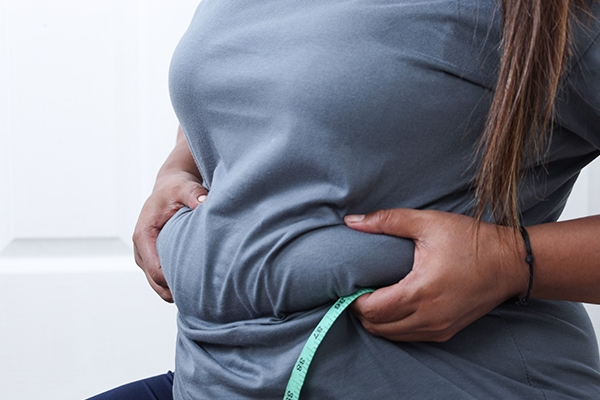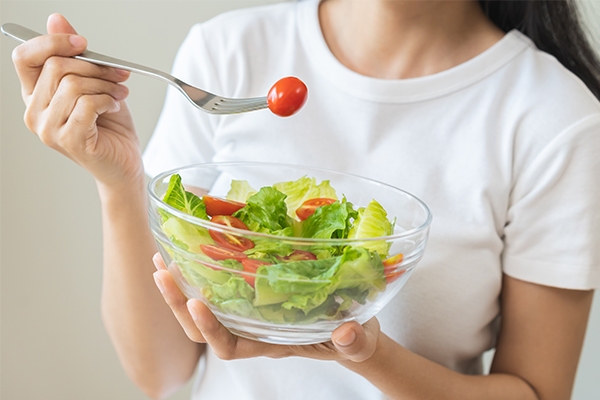How Late Is Too Late for Dinner?

Eating late at night is often considered the culprit for weight gain. It is no wonder that old advice such as “Eat breakfast like a king, lunch like a prince, and dinner like a pauper” is still often echoed. This expression is not just an adage but a reminder of the importance of paying attention to portion sizes and meal times in maintaining health. But does dinnertime indeed affect weight and body metabolism that much?
In today’s world, the approach to meal timing has changed. Many modern nutritionists emphasize that it’s more about calories in than calories out, not just when you eat. This theory is known as calories in versus calories out.
This means that as long as you don’t eat more calories than your body needs, meal timing isn’t the only factor determining weight gain.
But is it true that dinnertime doesn’t matter at all? In fact, meal timing still matters, especially regarding sleep quality, digestion, and metabolic disease risk.
Why is dinnertime important?

While there is no consensus, many experts agree that eating too late at night can negatively affect your health. Here are some reasons why:
1. Changing sleep quality
Eating too close to bedtime can trigger acid reflux, slow digestion, and disrupt blood sugar levels, which can cause sleep problems. Meanwhile, poor sleep quality might impact metabolism and appetite the next day.
2. Risk of weight gain
While studies on this are varied, some have found that the body burns calories more efficiently in the morning and afternoon than at night.
Furthermore, those who eat late at night tend to consume more calories without realizing it, whether because they munch while watching TV.
3. Increases the risk of metabolic syndrome
According to research, eating late at night or extending the daily eating window may increase the risk of metabolic syndrome, which includes obesity, high blood pressure, high blood sugar levels, and abnormal cholesterol.
In one study, eating dinner at 9 p.m. led to higher blood sugar levels in the morning and impaired fat breakdown compared to dining at 6 p.m.
4. Triggers acid reflux
When you eat, your body produces stomach acid and digestive enzymes.
If you go to bed immediately after eating, the horizontal position of your body might cause stomach acid to rise into your esophagus, triggering acid reflux symptoms like heartburn and discomfort.
If these problems continue, they can lead to GERD (gastroesophageal reflux).
5. Tend to choose unhealthy foods
Evening is often a time prone to snacking on foods high in sugar, fat, and salt. Chips, ice cream, or candy are rapid, empty calories that encourage us to consume more. Lack of balanced nutritional intake during the day can also trigger overeating at night.
What about snacks after dinner?
Many diet books recommend not eating anything after dinner. This is not without reason. Snacking after dinner—especially while watching television or working on a computer—tends to lead to consuming high-calorie foods in large portions.
Chips, candy, or cookies are often quick and tempting choices, but they make daily calorie intake soar without us realizing it.
In this situation, finishing an entire snack or a tub of ice cream in one sitting is easy. The issue isn’t just the calories, but also the timing. Eating too close to bedtime can lead to digestive problems like fullness, reflux, and poor sleep.
So, when is the best time to finish a meal?
There’s no one-size-fits-all time—it all depends on your sleep routine, activities, and preferences. However, most experts recommend stopping eating about 2–3 hours before bedtime.
So, if you go to bed at 10 p.m., you should finish your dinner by 7 or 8 p.m. at the latest. This gives your body time to digest the food optimally before bed.
If you’re still hungry after that time, choose a low-calorie and nutritious snack, like fruit, low-fat yogurt, or a handful of unsalted nuts. Most importantly, avoid snacking to distract yourself from boredom or stress.
What if you tend to eat late at night?
If you tend to eat late at night, stick with lighter, more easily digestible foods. Focus on foods high in protein and healthy fats—like a handful of almonds, plain yogurt, or a slice of cheese. Avoid foods high in carbohydrates, which can spike your blood sugar and insulin levels.
Tips to avoid eating at night

1. Make sure you get enough calories during the day
Skipping breakfast or lunch can lead to excessive hunger at night. Choose foods high in protein to help minimize cravings during this time of day.
2. Maintain a regular diet
Eating three meals daily with healthy snacks can help you control hunger.
3. Choose filling foods
A diet high in protein and fiber has been shown to reduce the desire to overeat.
4. Recognize emotional hunger
Sometimes the impulse to eat at night is simply an escape from stress or boredom, not because the body really needs food.
**
While meal timing isn’t the only factor in weight management, eating late at night can impact sleep quality, metabolic health, and food choices.
Aligning meal timings with your body’s rhythms and choosing healthy foods can be a small step that can significantly impact your long-term health.



